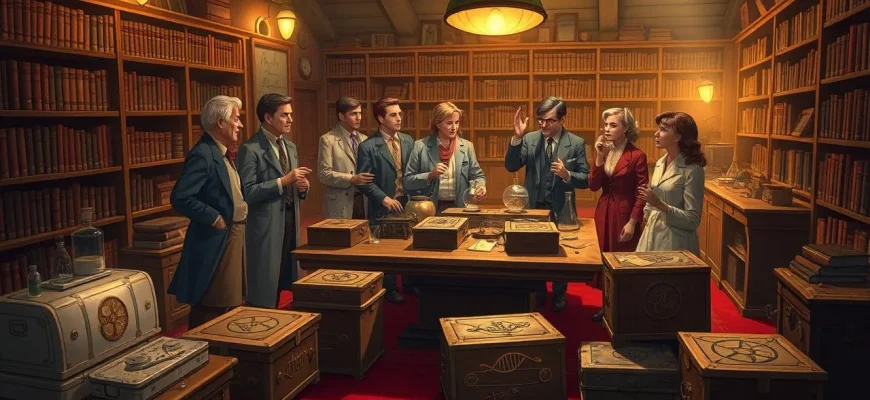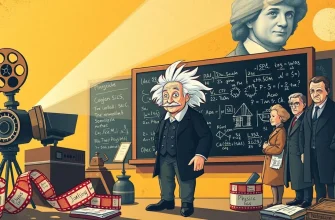- The Elephant Man (1980)
- Gorillas in the Mist (1988)
- The Ghost and the Darkness (1996)
- The Day After Tomorrow (2004)
- The Diving Bell and the Butterfly (2007)
- The Secret Life of Bees (2008)
- The King's Speech (2010)
- The Finest Hours (2016)
- The Theory of Everything (2014)
- The Immortal Life of Henrietta Lacks (2017)
If you're fascinated by the world of science and the intricate lives of those who study it, this collection of films is for you. These dramas delve into the lives of biologists, showcasing their passion, struggles, and the profound impact of their work on both the natural world and their personal lives. From historical figures to modern-day heroes, these films offer a unique blend of science, emotion, and human drama that will captivate any viewer.
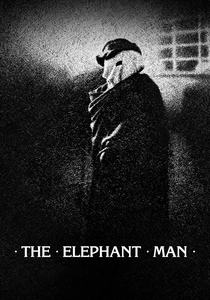
The Elephant Man (1980)
Description: Although primarily about a man with severe deformities, the film touches on the work of Frederick Treves, a surgeon with a keen interest in biology and human anatomy, who cares for the protagonist.
Fact: The film was nominated for eight Academy Awards, including Best Picture.
 Watch Now
Watch Now
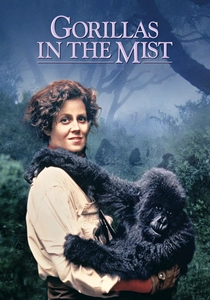
Gorillas in the Mist (1988)
Description: Based on the life of Dian Fossey, this film follows her work with mountain gorillas in Rwanda, highlighting her dedication to conservation and the emotional bond she forms with the animals.
Fact: Sigourney Weaver was nominated for an Academy Award for Best Actress for her role as Dian Fossey.
 Watch Now
Watch Now

The Ghost and the Darkness (1996)
Description: While not strictly about a biologist, it features a civil engineer and a hunter dealing with man-eating lions, highlighting the interaction between humans and wildlife, a key aspect of biological studies.
Fact: The film is based on the true story of the Tsavo maneaters in Kenya.
 Watch Now
Watch Now
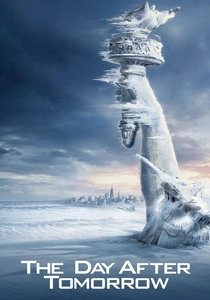
The Day After Tomorrow (2004)
Description: Although more of a disaster film, it involves a paleoclimatologist whose research into climate change has biological implications, showing how environmental changes affect life on Earth.
Fact: The film was one of the first to bring climate change to the forefront of public discussion.
 Watch Now
Watch Now
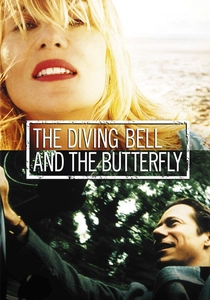
The Diving Bell and the Butterfly (2007)
Description: This film tells the story of Jean-Dominique Bauby, who, after suffering a massive stroke, communicates through blinking one eye, showcasing the resilience of the human spirit and the biological implications of such conditions.
Fact: The film was nominated for four Academy Awards, including Best Director.
 Watch Now
Watch Now
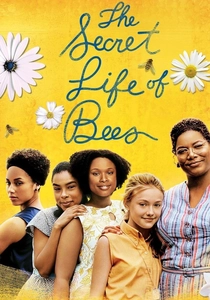
The Secret Life of Bees (2008)
Description: This film explores the lives of African American beekeepers in the 1960s, touching on the biological aspects of beekeeping and the social dynamics of the hive.
Fact: The film is based on the novel by Sue Monk Kidd.
 Watch Now
Watch Now
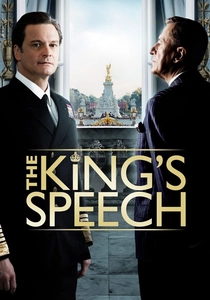
The King's Speech (2010)
Description: While primarily about King George VI overcoming a speech impediment, the film delves into the biological and psychological aspects of speech therapy and the human voice.
Fact: The film won four Academy Awards, including Best Picture.
 Watch Now
Watch Now
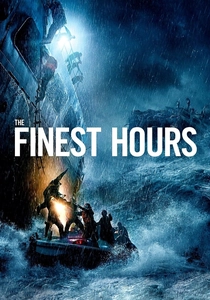
The Finest Hours (2016)
Description: This film, while focusing on a Coast Guard rescue, also touches on the biological aspects of survival at sea, showcasing the human body's response to extreme conditions.
Fact: The film is based on the true story of the Pendleton rescue in
 Watch Now
Watch Now
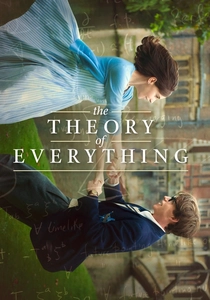
The Theory of Everything (2014)
Description: This film captures the life of Stephen Hawking, a theoretical physicist whose work in cosmology and quantum mechanics has influenced biology. While not a biologist, his story is an inspiring tale of overcoming physical limitations to contribute to science.
Fact: Eddie Redmayne won an Academy Award for Best Actor for his portrayal of Stephen Hawking.
 Watch Now
Watch Now
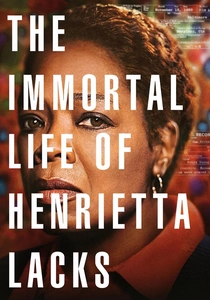
The Immortal Life of Henrietta Lacks (2017)
Description: This drama explores the ethical issues surrounding the use of HeLa cells, derived from Henrietta Lacks, a woman whose cells were taken without her knowledge or consent, leading to significant medical advancements.
Fact: Oprah Winfrey stars as Henrietta's daughter, Deborah Lacks, and also served as an executive producer.
 Watch Now
Watch Now

